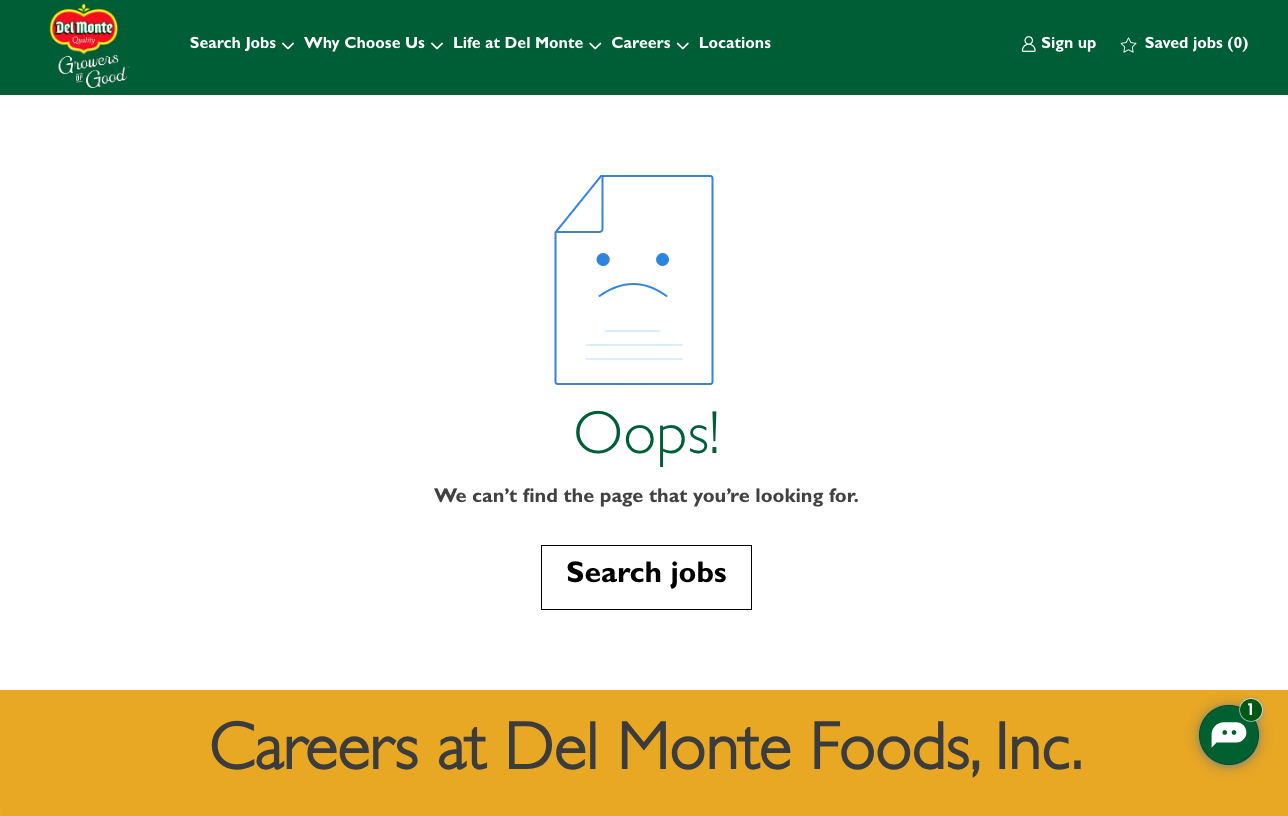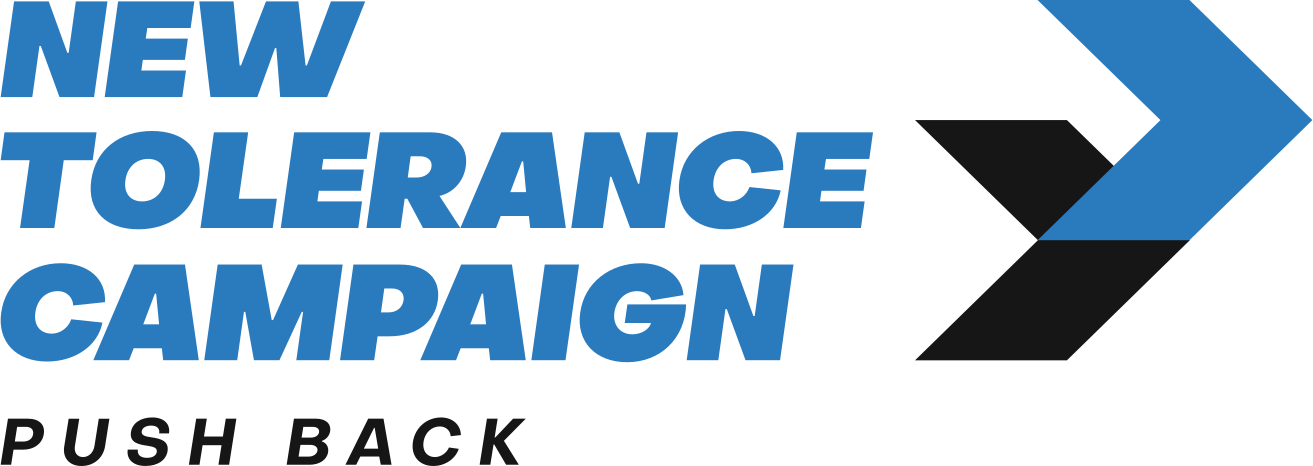Blog

Del Monte’s Collapse: How ESG, DEI, and “Belonging” Couldn’t Save a 138-Year-Old Brand
On July 1, 2025, Del Monte Foods Inc., one of America’s most iconic food brands, filed for Chapter 11 bankruptcy after 138 years in business. Once a household staple, Del Monte is now seeking protection from creditors as it desperately looks for a buyer to keep its legacy alive.
But behind the mainstream media headlines about restructuring lies a deeper, more telling story: a corporate culture that traded business fundamentals for ideological activism. And now, the bill has come due.
Del Monte’s collapse isn’t just about financial missteps, rather it’s a warning shot to every socially conscious brand or organization prioritizing performance theater over performance metrics.
A Perfect Score… And a Perfect Disaster
In the 2023–2024 business cycle, Del Monte proudly earned a perfect score (100/100) on the political left’s cherished “Human Rights Campaign (HRC) Foundation’s Corporate Equality Index,” recognizing the canned vegetable and fruit company’s LGBTQ+ workplace policies and extensive diversity, equity, and inclusion (DEI) initiatives. Del Monte even issued a press release celebrating their recognition.
To achieve this accolade, Del Monte doubled down on policies around “Diversity, Inclusion, and Belonging” (DIB)—a rebranded form of DEI aimed at not just representation but identity-centered workplace restructuring. From equity training and internal affinity groups to executive-level DEI oversight, Del Monte placed social engineering at the heart of its longstanding brand.
And yet, just months later, that same company is now filing for Chapter 11 bankruptcy and desperately searching for a buyer.
Know Your Audience
One of the top reasons cited by the media for Del Monte Foods’ struggles is that canned food has simply become less popular in the age of the foodie, and that stands to reason. Del Monte Foods is focused on canned and packaged produce, and is completely separate from Fresh Del Monte, which sells fresh items. But it makes Del Monte’s choices even more baffling.
The small number of liberal elites who are impressed by DEI programs and HRC accolades are also the type who post farmers’ market selfies and wouldn’t be caught dead cooking with canned green beans. While Del Monte’s efforts may have earned them some points with investors, the substantial amounts of time and money they spent on these programs arguably did nothing to help sell their products. Del Monte appears to have forgotten who they were serving after all.
The Disappearing ESG Page
Lest you think this was all about principle for Del Monte, their efforts are already starting to disappear from view. Visit Del Monte’s website and scroll to the bottom. You won’t find a tab that highlights their commitment to environmental, social and governance (ESG). However, if you click the “careers” tab and scroll down you’ll find a tab labeled “ESG”. Click it, and you’re greeted with a dead end.
Although we reached out to company representatives and are awaiting their comment as to why this phenomenon occurs, this kind of digital vanishing act might not just be a glitch, but it could be symbolic.
While the ESG tab is nowhere to be found on their homepage, and it mysteriously leads to nowhere from their “careers” page, a bit of digging reveals that Del Monte’s 2024 ESG Report and other similarly published green communications are still quietly housed under its “sustainability reports” section, buried a layer deeper and harder to find.
And even from their main website, Del Monte’s current sustainability section hosted in a small rectangular box on their homepage doesn’t highlight their flagship environmental commitments that their President and CEO Greg Longstreet and ESG Senior Manager Molly Laverty once bragged about to the media. Instead, you have to scroll all the way to the bottom of the “sustainability” webpage and click the “sustainability reports” link in order to find their most recent ESG report and latest work toward their 2022 commitment to net-zero emissions by 2050.
Why the sudden demotion of a once-celebrated pillar of their corporate identity?
Perhaps it’s the recent change in political headwinds. Or perhaps it’s because when companies hit hard times, it’s often their ideological indulgences they try to scrub or conceal first, especially when those indulgences may have contributed to their storied downfall.
Whatever the reason, their actions suggest calculation rather than principles.
When Virtue Signaling Replaces Strategy
According to Del Monte’s website, their purpose is to be “a leading producer, distributor and marketer of premium quality, primarily branded, plant-based packaged food products that are healthy, tasty, convenient and satisfy the needs of today’s consumers.”
Moreover, the company’s stated core values are centered around what they call, “CHOICE,” or the enablement of “a collaborative and innovative culture that brings the best out of our teammates to achieve widespread success.”
However, Del Monte’s focus over the last few years, if not longer, has shown that they decided to betray their own stated values in order to virtue signal rather than create greater value.
Instead of focusing on core strengths like product innovation, supply chain resilience, or responding to evolving consumer preferences, Del Monte went all in on symbolic gestures. They pledged allegiance to ESG frameworks, sought top billing on DEI or DIB indexes, and used corporate resources to burnish a progressive public image, all while their financial health quietly deteriorated… until now.
This is not to suggest that diversity or sustainability are inherently bad. But when these initiatives replace — and don’t supplement – sound business strategy, they become resource draining liabilities.
At the end of the day, a perfect HRC, ESG, or DEI “score” didn’t save Del Monte Foods Inc. from a financial collapse. It may have even accelerated it.
Now, when you visit the ESG page buried on the careers page, you get this fitting error page.

“Oops!” indeed.
Why the New Tolerance Campaign Is Watching
At the New Tolerance Campaign, our mission is to demand accountability from institutions that preach one thing while practicing another.
Del Monte Foods Inc. isn’t alone. Across America, we’re watching other socially conscious companies, Ivy League universities, and nonprofits race to check every progressive box—only to fall short on the one that matters most: accountability. These same institutions often silence dissent, dodge transparency, and escape scrutiny by hiding behind buzzwords like “equity” or “belonging.”
Let this be a warning to them: performative activism is NOT a successful business model.
On Final Thought
Del Monte’s bankruptcy should prompt a reexamination of what modern business leadership looks like. Because when “belonging” matters more than the bottom line, it’s not just canned peaches that go bad—it’s the company itself.
Transparency: If ESG and DEI are as essential as companies claim, they shouldn’t disappear or get rebranded the moment the books go from black to red.
Consistency: If companies are judged by their public statements, they must also be judged by their actions and outcomes.
Accountability: If you pursue ideological policies that hurt shareholders, consumers, or employees, you should be held to account.
Although it’s too late to urge Del Monte to change their ways now, if you believe institutions should be held accountable and to the very standards they impose on the rest of us, support the New Tolerance Campaign today. You can also share this blog or just work on spreading the truth and demanding better from companies within your own community.
In the long run, corporate accountability isn’t a partisan issue, it’s a cultural necessity.
